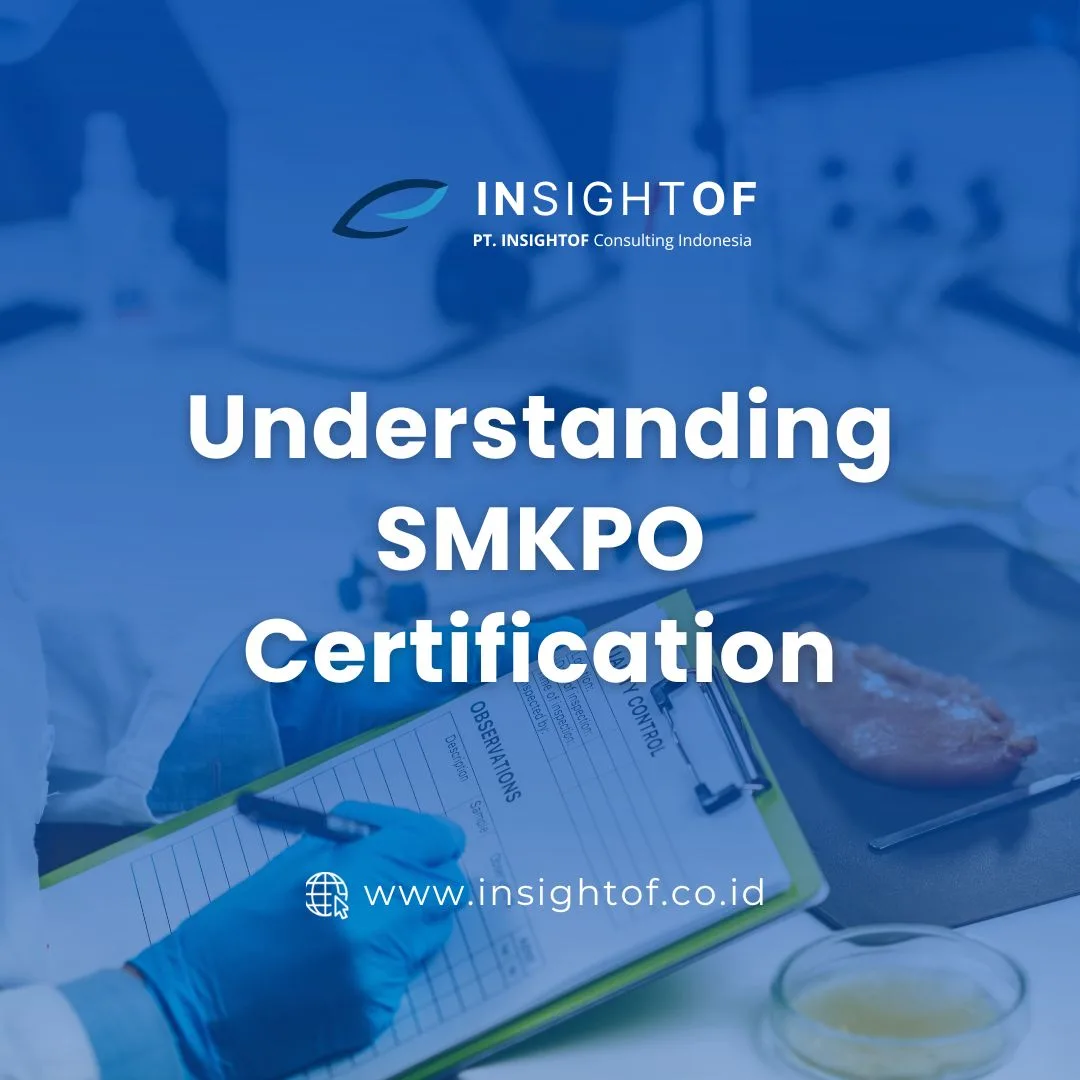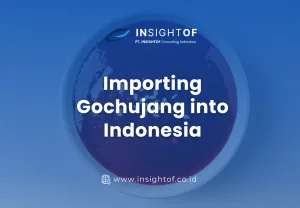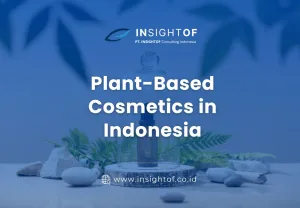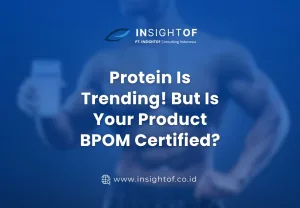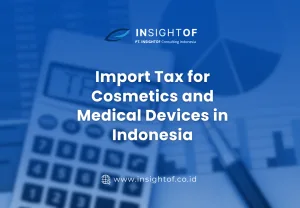The SMKPO (Sistem Manajemen Keamanan Pangan Olahan) or Food Safety Management System for Processed Food is a crucial certification that ensures food safety and quality across distribution facilities. As per BPOM Regulation No. 21 of 2021, there are specific types of certifications for various distribution facilities and understanding these will help businesses navigate the certification process effectively.

Types of SMKPO Certifications and Their Differences
In the implementation of SMKPO in distribution facilities, two main types of certifications are defined:
- Certificate of Commitment Fulfillment for the Food Safety Management System – This certification is applicable for traditional retail facilities, such as stores, stalls, kiosks, outlets, minimarkets, and market managers.
- Certificate of Standard Fulfillment for the Food Safety Management System – This certification is for modern retail facilities, including supermarkets, hypermarkets, importers, distributors, agents, and wholesalers.
Both certifications aim to ensure that the food distribution facilities meet food safety standards, but the requirements vary depending on the facility type.
How SMKPO Certification is Conducted
SMKPO certification is carried out digitally through the official BPOM platform at e-sertifikasi.pom.go.id. The process is efficient and streamlined to facilitate easy access for businesses seeking certification.

Key Provisions of SMKPO Certification
SMKPO certification is generally voluntary; however, for importers registering processed food for the first time with BPOM, obtaining the SMKPO Standard Fulfillment Certificate is mandatory. This certificate acts as a prerequisite for registering processed food and obtaining distribution permits.
Transition from PSB to SMKPO Certification for New Importers
The BPOM Technical Implementation Unit (UPT) no longer conducts the New Facility Inspection (PSB) for new importers. Instead, new importers must obtain SMKPO certification. This change streamlines the certification process, with the central office now handling SMKPO certification, while UPT continues to issue audit results during the certification surveillance process.
Businesses that submitted PSB applications before August 4 (the date of the regulation issuance) can still receive a recommendation letter for food registration.
However, businesses submitting after August 4 must obtain the SMKPO certification.
Process for Distribution Facilities with Multiple Branches
The SMKPO certification is valid only for one distribution facility.This means businesses with multiple branches must apply for separate certifications for each location.

Validity of SMKPO Certification
The SMKPO certificate is valid for 5 years. If there are any changes during this period, they must be reported to BPOM. The certificate can also be revoked or suspended if the business violates any regulations outlined in the certification requirements.
Benefits of SMKPO Certification for Companies
Obtaining an SMKPO certificate offers several benefits to distribution facilities:
- Exemption from the priority inspection list of UPT.
- Use of the SMKPO logo for marketing processed food.
- Increased consumer trust in the safety and quality of the certified facility’s products.
Reference:
https://peredaranpangan.pom.go.id/

